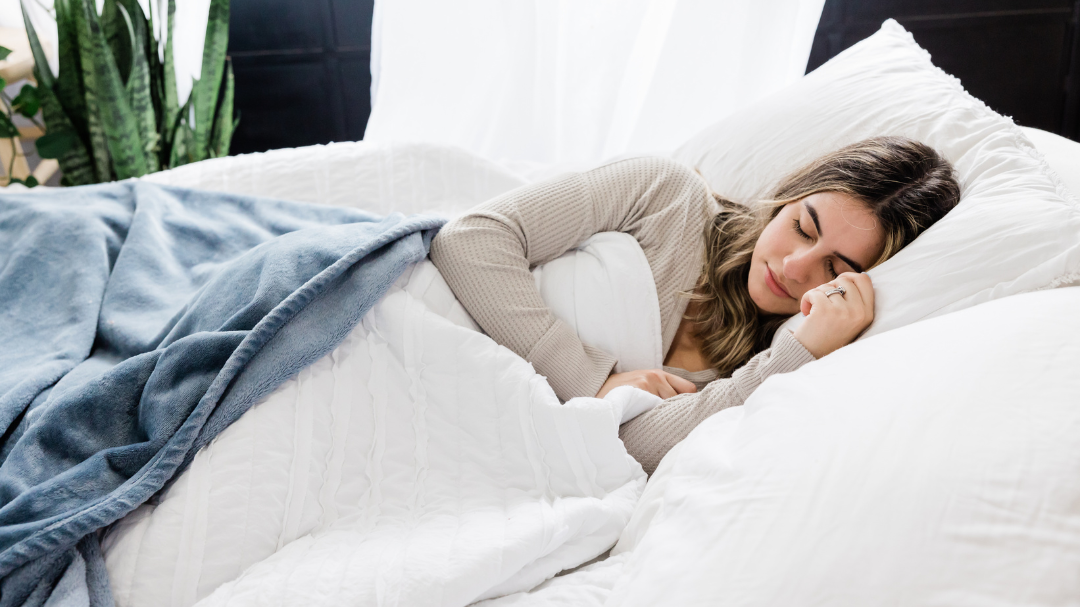
Sleep deficiency is an issue that almost everyone has experienced. It’s common for people to lose out on a few hours of sleep for studying, working, socializing, etc. But suffering from sleep deficiency every night has drastic effects later down the line. These include a higher chance of chronic illnesses, such as high blood pressure, heart disease, depression, and more.
Getting the right amount of quality sleep can improve your health drastically. Improving your sleeping habits (also known as sleep hygiene) will boost your physical and mental health, help you feel more alert during the day, and improve your productivity for work or school. Here’s how to improve your sleeping habits, one step at a time.
Be Consistent with Your Sleep Schedule
It’s tempting to sleep in on the weekends, where you can look forward to sleeping past your alarm without consequence. However, it’s best to keep your sleeping schedule consistent seven days a week. Waking up and going to bed at the same time everyday will reinforce your circadian rhythm, improving your melatonin levels and improving your sleep quality.
Watch What You Eat and Drink
Watching what you consume throughout the day and when can help improve your sleep hygiene. For one, avoid eating dinner too early or too late. Going to bed with an empty or stuffed stomach can interrupt your sleep. In general, one should avoid eating heavy meals before sleeping. Give yourself some time to digest first before tucking in for the night.
Alcohol can make you feel drowsy at first, but it can also disrupt your sleep later on. Finally, avoid drinking anything with caffeine before 2PM. The effects of caffeine take a long time to wear off. Drinking coffee or anything else with caffeine too late in the day can make it difficult to sleep later.
Wind Down Before Sleeping
Establishing a pre-sleep routine can reduce stress and put your mind and body in a more relaxed state. This routine can help you ease yourself into sleeping, removing any time spent tossing and turning in bed.
Turn off all devices at least one hour before bed. The light from your computer or phone can confuse your natural sleep cycle, which relies on lightness and darkness. You can use this hour for many relaxation techniques. Consider activities such as deep breathing exercises, journaling, reading, meditating, taking a bath, or listening to music. Find the activities you enjoy most and establish it into your pre-sleep routine. Winding down in such a way can help you sleep within a couple minutes of putting your head on the pillow.
Get a Bedtime Massage
If you’re still struggling to sleep peacefully every night, consider booking an appointment with a home service spa for a massage before your bedtime. By booking with a home service spa, you’ll be able to fall into bed immediately after your massage appointment without having to leave the house or drive. Plus, home service spas often offer their services late into the night. You’ll be able to book your appointment whenever your bedtime is, no matter how early or late.
But why a massage? One of the most well-known benefits of getting a massage is its effect on your hormone levels. Specifically, it lowers your ‘stress’ hormones, such as cortisol, and increases your ‘happy’ hormones, such as serotonin. Serotonin happens to be the precursor to the hormone melatonin, which helps regulate your sleep cycle.
These are simple changes that do wonders for your sleep hygiene, which then affects your overall health. Building up these habits may take some time, but it will certainly be worth it in the long run.
